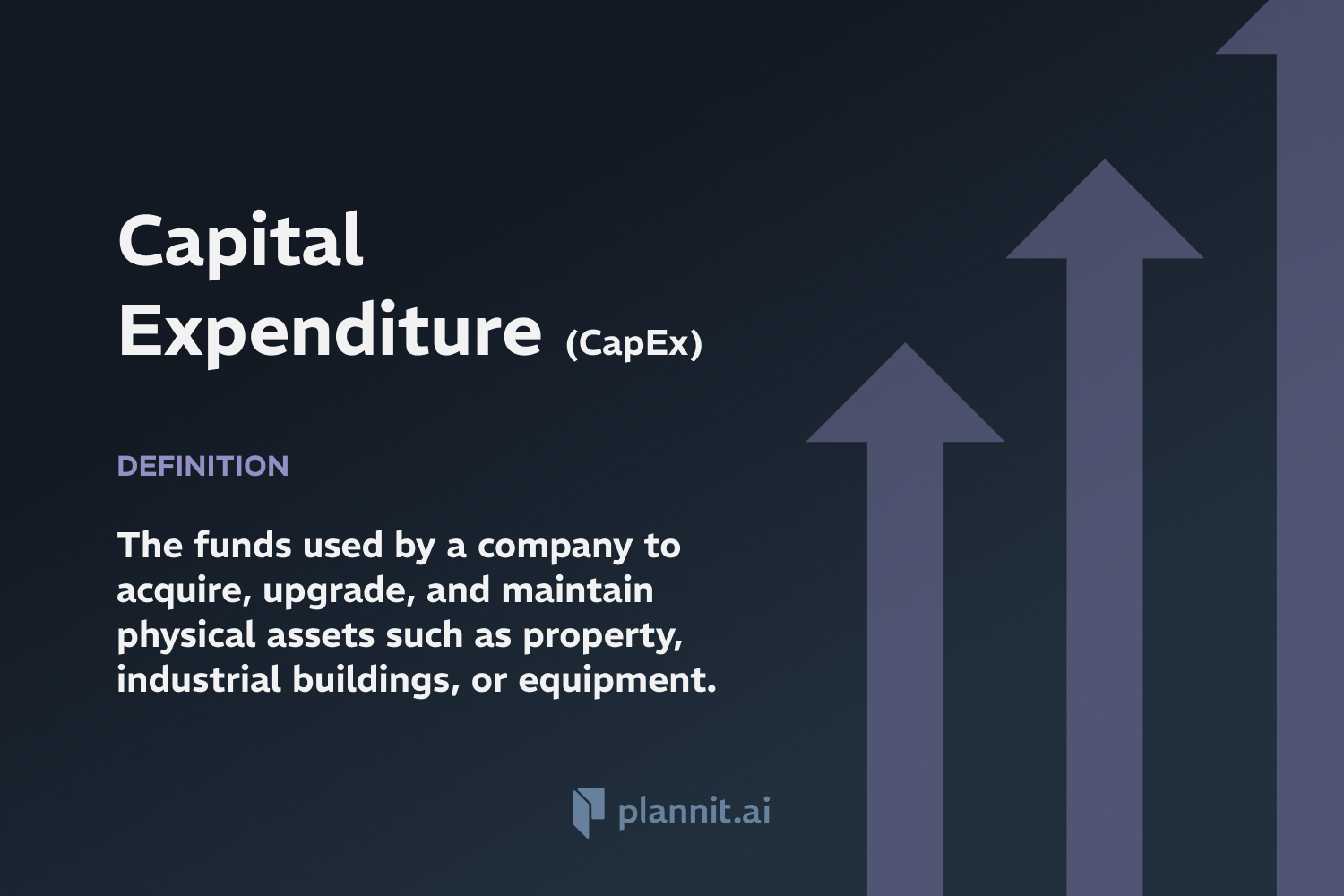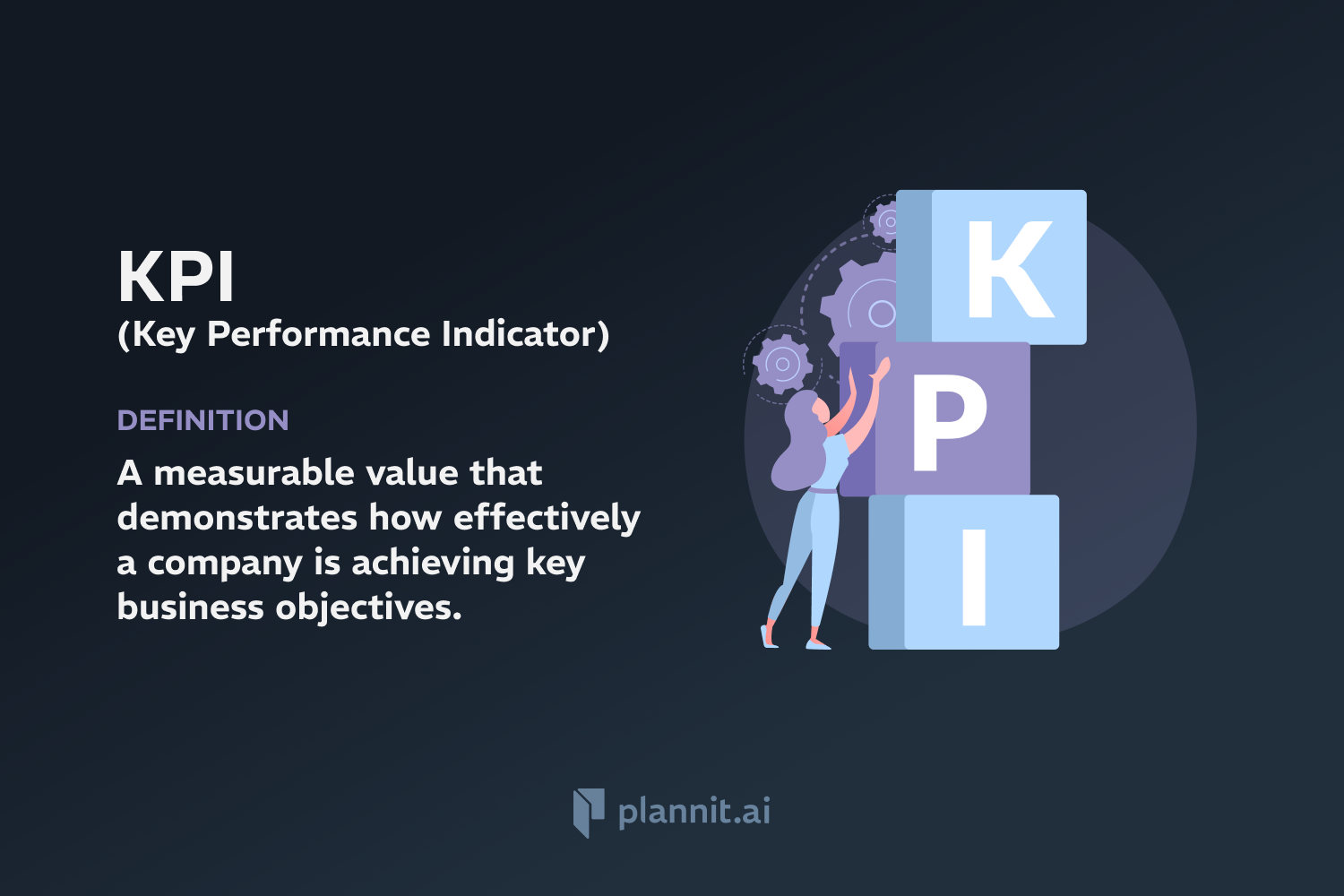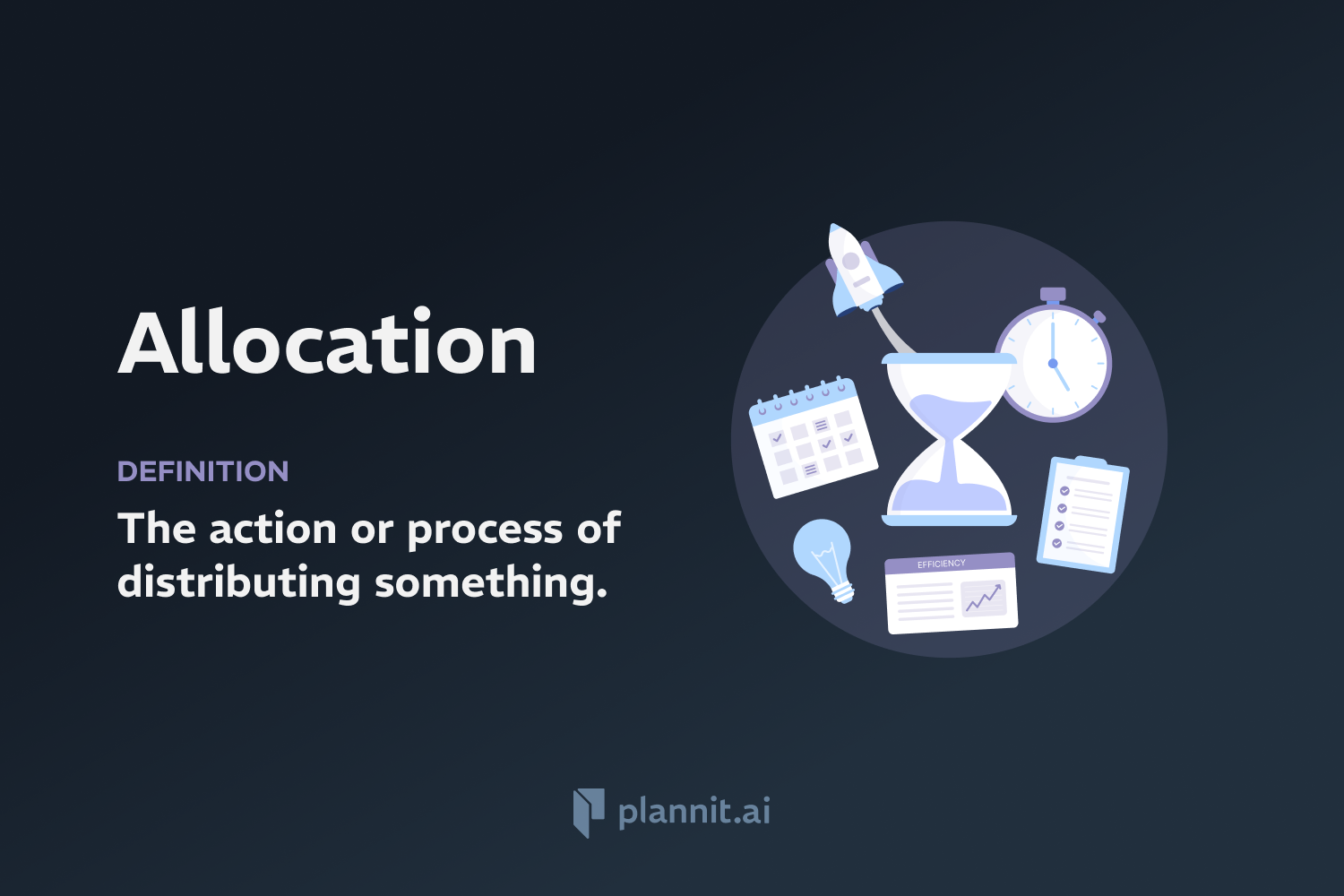Need Help With Your Business Plan?
Answer tailored questions and get a detailed business plan in minutes.
E-commerce: Definition & In-Depth Explanation
E-commerce refers to the buying and selling of goods or services using the internet, and the transfer of money and data to execute these transactions. It encompasses a range of different types of businesses, from consumer-based retail sites, through auction or music sites, to business exchanges trading goods and services between corporations. E-commerce has expanded rapidly over the years and now includes new forms, such as mobile commerce, and innovative models like dropshipping, crowdfunding, subscription services, and digital products.
Purpose:
The purpose of e-commerce is to allow consumers and businesses to transact with each other without the limitations of time or geography. It provides a platform for businesses to reach a wider audience than traditional retail would allow, offers consumers a convenient way to shop for a vast array of products and services at any time, and enables efficient customer service and support. E-commerce also facilitates better inventory management, cost reduction, and personalized marketing and sales strategies.
Example:
An individual starts an online store selling handmade jewelry. Through her e-commerce platform, she can showcase her products, manage orders, process payments, and communicate with customers. She utilizes social media marketing to drive traffic to her store and employs analytics tools provided by the e-commerce platform to understand customer behavior and preferences, allowing her to tailor her offerings and marketing strategies effectively.
Related Terms:
M-Commerce (Mobile Commerce): Buying and selling of goods and services through wireless handheld devices such as smartphones and tablets.
Dropshipping: A retail fulfillment method where a store doesn’t keep the products it sells in stock. Instead, when a store sells a product, it purchases the item from a third party and has it shipped directly to the customer.
Marketplace: An e-commerce platform where multiple vendors can sell their goods or services to customers, e.g., Amazon, eBay.
Payment Gateway: A merchant service provided by an e-commerce application service provider that authorizes credit card or direct payments processing for e-businesses, online retailers, or traditional brick and mortar.
FAQs:
What are the benefits of e-commerce for businesses?
E-commerce offers businesses the advantage of lower costs, access to a broader customer base, increased visibility, and the ability to track consumer behavior and preferences closely for better business decisions.
What are the different types of e-commerce models?
The main types include B2C (Business to Consumer), B2B (Business to Business), C2C (Consumer to Consumer), and C2B (Consumer to Business).
How do I start an e-commerce business?
Starting an e-commerce business involves selecting a product niche, choosing the right e-commerce platform, setting up your online store (including product listings and payment processing), and implementing a marketing strategy to drive traffic to your site.
What are the main challenges of running an e-commerce business?
Challenges include dealing with intense competition, ensuring website security, managing supply chains, and providing excellent customer service.
How has e-commerce changed consumer behavior?
E-commerce has made shopping more convenient and accessible, leading to increased consumer expectations for fast shipping, high-quality customer service, and a seamless online shopping experience.
Get funding with a business plan that will impress investors.
Starting a New Business?



